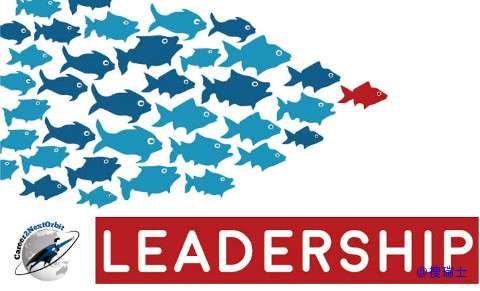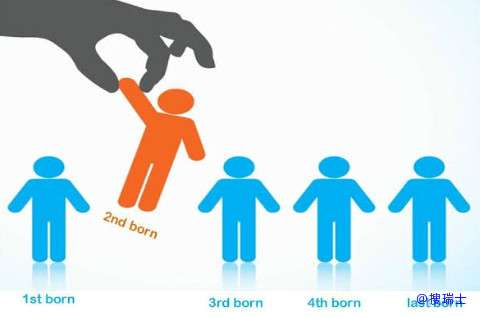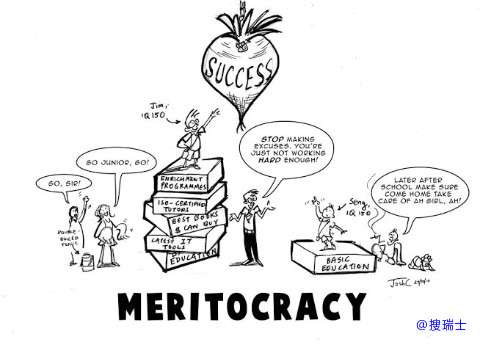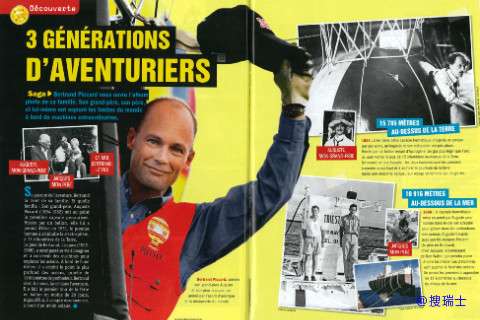
发布时间:2019-04-22
《传承宝典》8
长子继承制正在衰落





封面图为《三代人的冒险》——瑞士Piccard科学家家族
English Version
Trend emerges towards more democratic leader selection
Ensuring the right model now and for future generations
Having the right leadership model in place is essential to see a family through the uncertainties of a changing environment and ensure the safe transition of wealth from one generation to the next, if that is their agreed purpose. An effective leadership model enables a family to manage all risks, both internal and external, with an individual or individuals with the skills to address every aspect of a family's capital. There is no right or wrong way to appoint new leaders within a family. A democratic system, where leaders are appointed for their role-specific skills, will equip a family to cover off the full spectrum of risks. Families should not be afraid to look externally in the absence of a suitable internal candidate, also for counsel and facilitation of the process.
Structured preparation for leadership is essential. Effective training should nurture people's natural aptitudes and give them enough autonomy to find their own voice and role within the family structure. Once the right leadership model is in place, strong communication is essential to ensure that all leaders and the wider family are kept abreast of the family objectives and the proposed strategy to achieve them. The number of families selecting the next generation of leaders based on primogeniture - the right of the first born to inherit an estate - will drop to a third of today's figure, according to the latest research by Stonehage Fleming. 28% of families surveyed for the report, subtitled Practical Wisdom and Leadership for Changing Times’, said that future leaders are currently selected on the basis of primogeniture, whereas only 10% said that they see it continuing in the future.
“There is real evidence of a shift – a definite trend towards a meritocracy and towards new methods of choosing family leaders”, said Matthew Fleming, Head of Family Governance and Succession, speaking at the Stonehage Fleming Family Investment Conference this week. “There is also a definite trend towards having more than one family leader”, he added. Ideally, a family will have several different high quality leaders in every generation, each filling a role that befits their skills. Such leadership roles will not only include the chief executive of a family business or a head of wealth management, but may also include a head of family culture and development, a head of next generation and a head of philanthropy.
When it comes to choosing leaders, 13% of survey respondents said that leaders in their family or family business are currently selected by committee. 33% believed that it should be the way leaders are selected in the future. “Formalising the selection of leaders is really challenging,” cautioned Matthew. “Some families use balanced scorecards, some get outside consultants in to help, some use trustees and some use a combination of all three.”The top five risks identified by the families in the report, all point towards the need to harness and deploy a family's social, cultural and intellectual capital, addressing risks such as family disputes and a failure to engage the next generation or choose appropriate leaders. As the requirement to better manage these non-financial risks is more widely acknowledged, the need for a wider range of leadership roles is also likely to be accepted.“There are lots of ways in which people have led families in cultural and social capital over the years”, said Matthew. “It is only when you look back that you realise what an utterly critical contribution they have made to the intergenerational success of a family.”
该文章转账自雷梭勒家族办公室,如有侵权,敬请告知删除。
Sooswiss为您提供
瑞士方向私人管家式的定制服务:
1)家族传承 2)财富管理 3)瑞士投资
4)居留计划 5)税务优化 6)家族治理
更多资讯请登录网站 www.sooswiss.com
